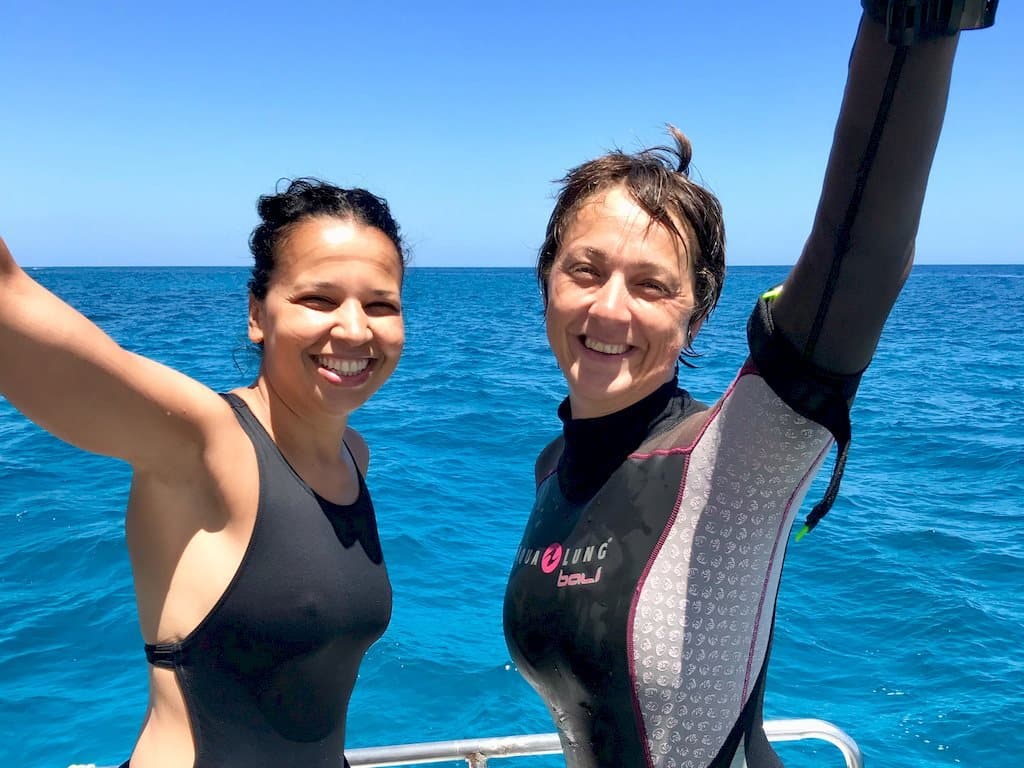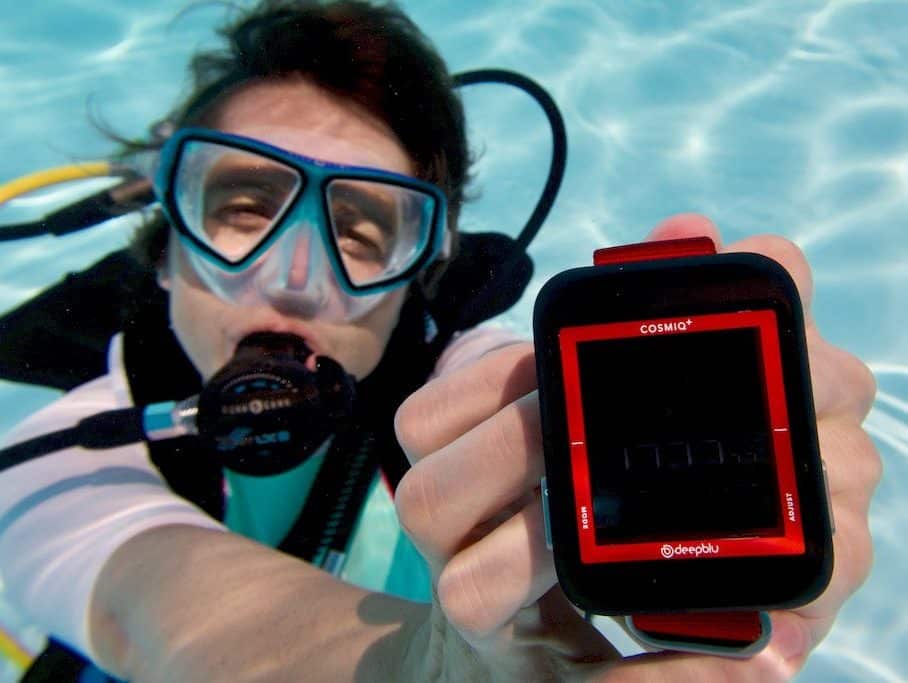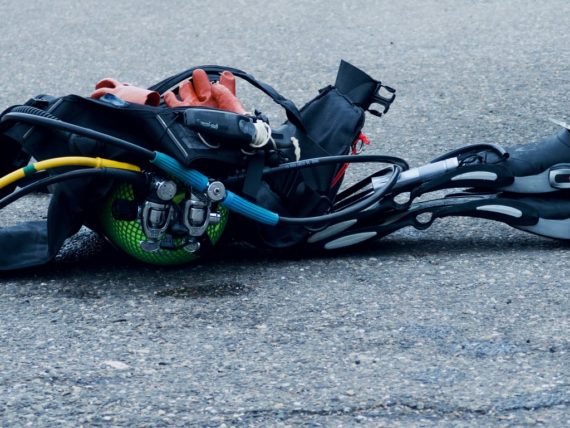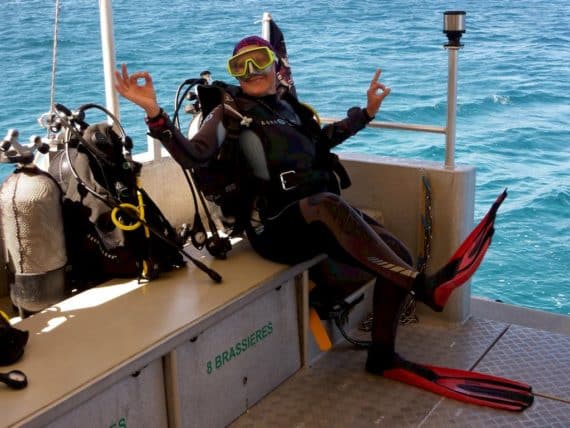Choice of diving equipment: how to do ?
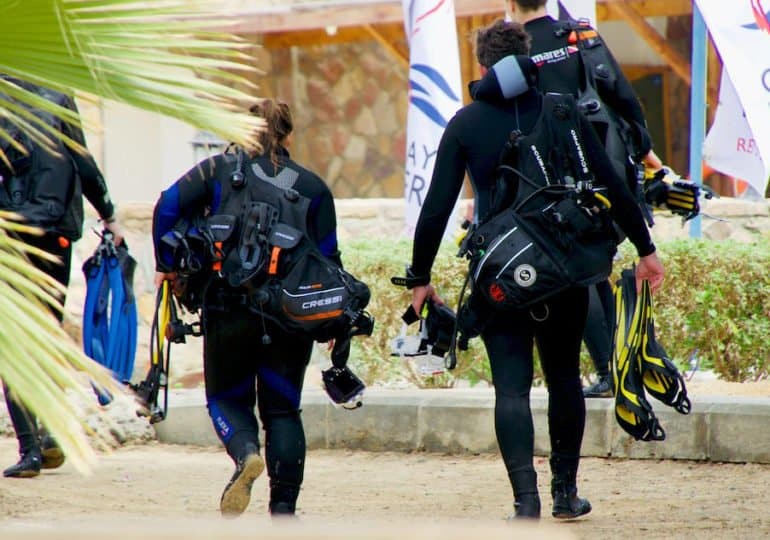
How to choose your diving equipment?
I am always surprised to see how passionate people are about the different models of BCD, computers, masks… And curious to understand how you choose your diving equipment.
So I asked the community how the divers were doing to make this choice.
8 tracks to know how to choose the right diving equipment
1 Through comparisons
Many diving enthusiasts prefer to quietly read the comparisons of diving equipment in specialized magazines or web sites. This allows them to make their choices at home. Unfortunately, these specialized journals or web sites are few in number and the information does not always seem easy to find.
Advantages: How choose your diving equipment can be spread over a longer period, no external influence, less commercial pressure Disadvantages: we do not see the product in reality, not always enough sources or sources too fragmented, risks to buy because the website is “seller” even if the product is not quite the right one
2 Discussions
Discussion with other divers directly at dive spots is also widely used by the community to learn how to choose their diving equipment. The idea here is to exchange information. The advantage is of course to be able to see the equipment, touch it, discuss it with its owner. Another advantage is certainly that you are more likely to talk to people who usually dive in the same environment.
The disadvantage is that it is human to like to say good things about the material you have chosen (a way to comfort yourself in your choice?).
Advantages: discovery of the material in reality (not on screen or in the press), allows you to meet others, gives you the opportunity to discover material you didn’t think about
Disadvantage: subjectivity of owners
3 Tests
Some of us only buy their equipment after having tested it.
They test in the pool how choose your diving equipment, during promotional days for major brands on the waterfront, at diving show. It doesn’t matter, but it’s impossible for them to buy “a cat in a bag”. Their reseller sometimes even becomes their best friend.
Advantage: you know what you’re buying
Disadvantages: takes a lot of time, requires a lot of material available for testing, you may feel “pushed” to buy, the test conditions are not always in line with the conditions in which you will dive. (Swimming pool versus gravel pit or sea)
4 Traffic flow
Some of the divers don’t ask themselves too many questions. For them, there is no need to waste time on lengthy market analyses. They buy what they want/need. They test and if the equipment does not suit them and/or becomes obsolete, they sell it and buy a new one.
This method How choose your diving equipment can quickly become expensive if the purchases are made with new equipment. However, it can be interesting if people are used to second-hand markets.
Advantage: practical for second-hand market enthusiasts
Disadvantage: expensive
5 Trust and Confidence
This may be hard to believe for those who are most passionate about equipment. However, there are divers who don’t know much about it (or nothing at all). These people have their own equipment and are very happy with it. Offered on either occasion, acquired through a group purchase with the partner, inherited from a parent/friend or advised by their instructors. They are not interested in the question of how to choose diving equipment. No worries though, they are living it well.
Advantage: no hassle, it is the preferred method for those who do not like to choose
Disadvantage: risk of ending up with unsuitable equipment
6 The lack of choice
Finally, some divers choose to keep their diving equipment for a very long time without feeling the need to renew it.
Advantages: low cost, low sensitivity to fashions
Disadvantage: risk of evolving with obsolete equipment and/or not offering the integration of modern technologies or even no longer being able to be maintained (parts no longer available)
7 Observation – Discussion – Analysis
Finally, it appears that this is the solution most divers questioned choose.
Indeed, many will follow this sequence: Observation – Discussion – Analysis. The approach consists in looking at the equipment chosen by the other divers, discussing it, then reading the tests produced on the net before making their choice.
Advantages: brings together different techniques, allows a detailed analysis, little commercial pressure
Disadvantage: Sometimes, opinions will diverge so much that it will be difficult to make a choice in the end
Some advice on how to choose your diving equipment:
- Define your budget
- Ask your instructors for more information
- Ask your questions on forums and other groups specializing in equipment. You will always find people who are willing to share their impressions and experiences with you.
- Be objective: listen to / read positive AND negative opinions.
- Choose equipment that suits your morphology
- Choose equipment that suits your diving style. No need to equip yourself with a tek rig if you are a beginner and your final objective is to dive in warm sea at max -30m
- Resist the melodious singing of the market: good equipment can have a life span of more than 3 years 😉
- Don’t forget to maintain your diving equipment: it will last longer
- Look in the second-hand market to see if you are comfortable enough to detect the wrong products. (Not difficult for a wet suit but for a regulator…)
- Stay open, curious and receptive
Of course, this list is not exhaustive on How to choose your diving equipment
If you have any other tips and/or tricks, don’t hesitate to come and share them with the group. You can also post a comment directly following the article below. This will benefit as many people as possible.
And above all… don’t forget to be happy 🤗
Hélène

